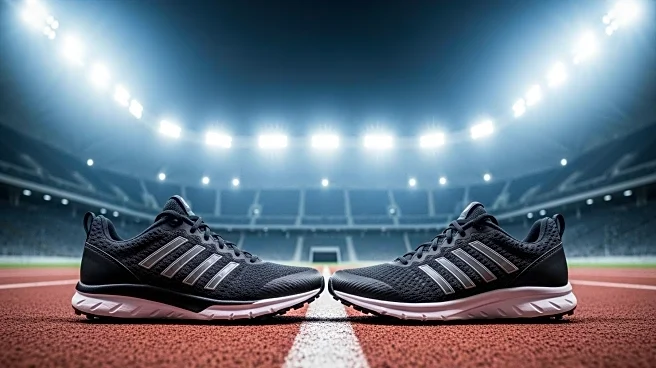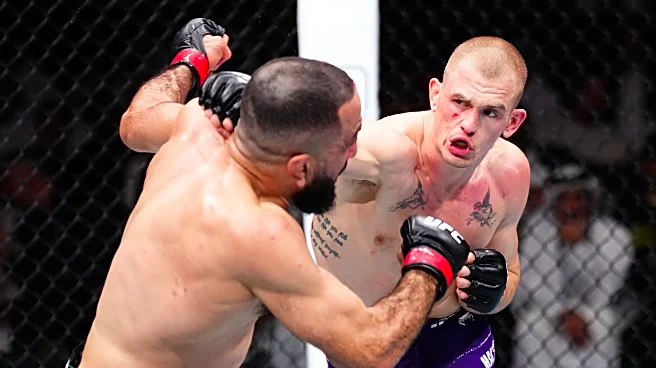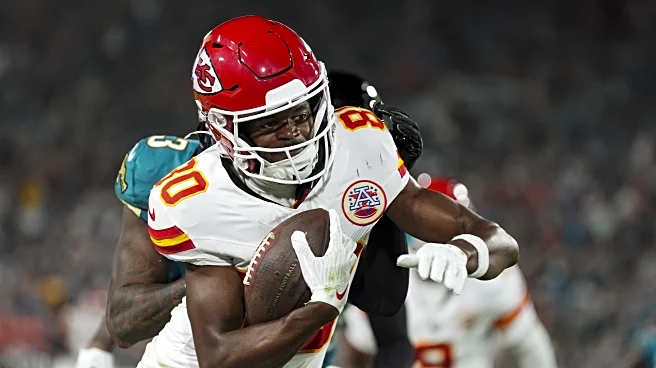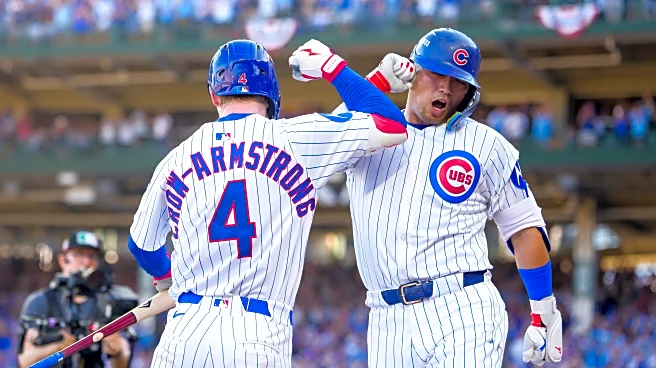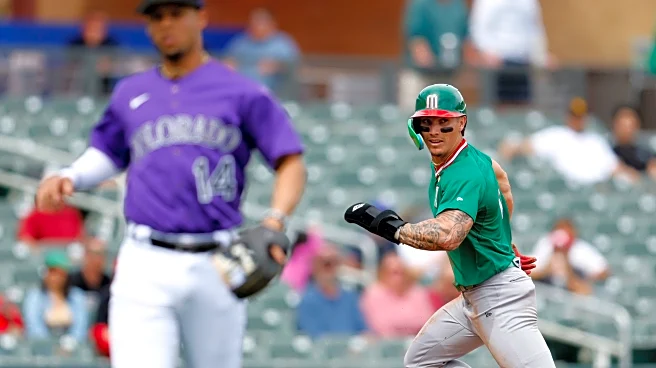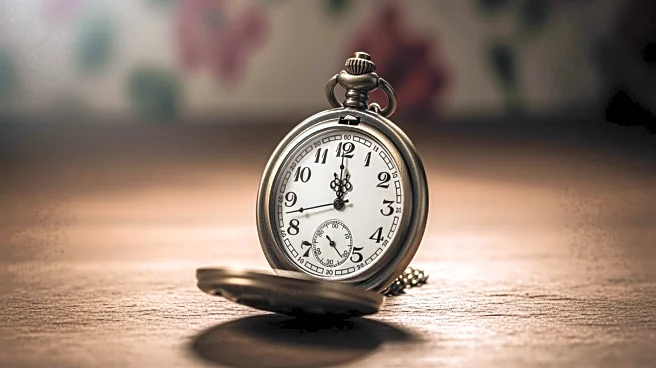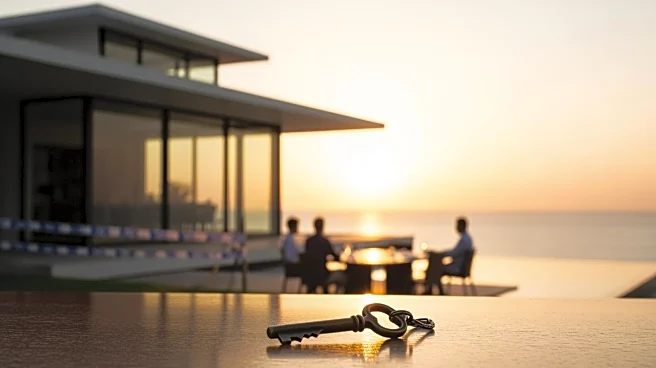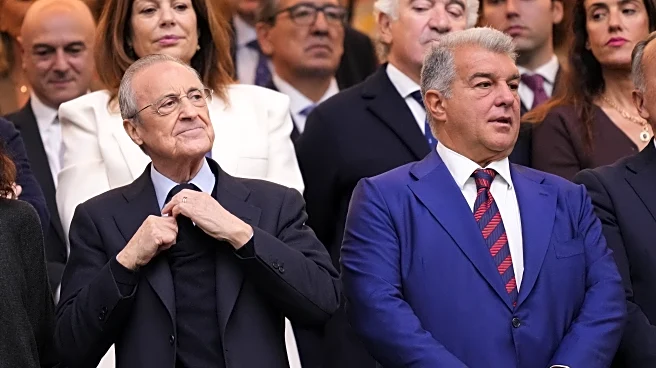What is the story about?
What's Happening?
The International Olympic Committee (IOC) has initiated four working groups, including one dedicated to the protection of women's sports, as part of its efforts to reform the Olympic Games. This move comes under the leadership of Kirsty Coventry, the first female president of the IOC, who assumed office in March. The working groups will focus on reviewing the Olympic program, the Youth Olympic Games, and commercial partnerships and marketing. Coventry emphasized the importance of the IOC taking a leading role in discussions regarding gender eligibility in sports. The working group on women's sports aims to explore ways to protect the female category in competitions. While the IOC has disclosed the members of the other three groups, it has kept the identities of those in the Protection of the Female Category Working Group confidential.
Why It's Important?
The establishment of a working group dedicated to women's sports by the IOC is a significant step in addressing gender eligibility issues in athletics. This initiative reflects a growing concern over the participation of transgender athletes in female categories, which has led to debates and policy changes across various sports federations. By focusing on safeguarding women's sports, the IOC is acknowledging the need for clear guidelines and protections to ensure fair competition. This move could influence other sports organizations to adopt similar measures, potentially impacting the landscape of women's sports globally. The decision to keep the working group's membership confidential underscores the sensitivity and complexity of the discussions involved.
What's Next?
The IOC's working group on women's sports is expected to engage with experts and international federations to develop recommendations for gender eligibility policies. These discussions will likely involve technical expertise and feedback to ensure alignment with the broader goals of the Olympic movement. As the group progresses, it may propose new regulations or adjustments to existing policies, which could be adopted by sports federations worldwide. The outcomes of these deliberations could shape future Olympic competitions and influence gender eligibility standards across various sports.
Beyond the Headlines
The creation of the IOC's working group on women's sports highlights broader ethical and cultural considerations in the realm of athletics. The debate over gender eligibility touches on issues of fairness, inclusivity, and the definition of gender in sports. As the IOC navigates these complex discussions, it must balance the interests of various stakeholders, including athletes, sports federations, and advocacy groups. The long-term implications of these efforts could lead to shifts in how gender is perceived and regulated in sports, potentially influencing societal attitudes towards gender identity and equality.
